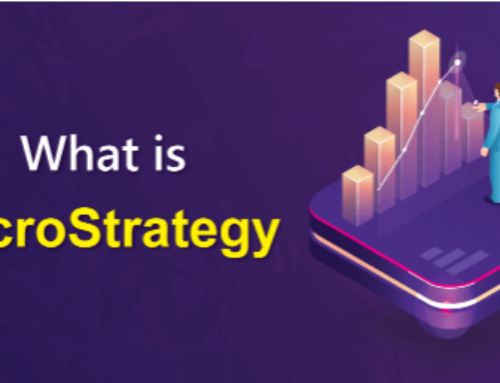
Digital Platform Transformation
In today’s business landscape, it is becoming more and more important to adopt some form of technology for one or more business processes.
While this isn’t new, the advent of the digital space along with the ability to conduct trade in spaces other than a physical store or marketplace has changed the game.
Whether your organization is a B2C or B2B entity, various digital technologies can be of help in the pursuit of better customer experiences.
From Nike to L’Oreal, Unilever to Tesla, and numerous other top players in their respective industries, we are seeing continued use of data analytics, AI, machine learning and other digital solutions.
These have been applied in areas such as marketing, supply chain management, accounting etc.
As an emerging or thriving business, it might seem like a puzzle trying to deduce the best way to approach this shift.
One important guiding concept worth following is the idea that you need a centerpiece that will not only accommodate your existing tools and practices, but also welcome new solutions and harmonize both sides, leaving room for continuity.
All this can be embodied in a digital business platform.
What is a Digital Business Platform?
This is basically a set of top-of-the-line technologies combined as modules to operate in conjunction with a business’ legacy infrastructure. At the core of such unified systems is flexibility and scalability.
They are designed to enable a company to introduce new functionality on both the front and back end in a bid to enhance the way it interacts with customers.
Digital business platforms allow an organization to rapidly learn from business processes and respond to any indicators of a required change.
This could be anything from optimizing querying to provide the best results for voice search, to presenting device specific features for mobile app, IoT and wearable users. It may even be managing paid ads or category-specific messages in automated email campaigns.
Ultimately, digital business platforms are integral in scaling businesses today.
This is due to the fact that they facilitate predicting and adapting to the ever-evolving consumer behavior in order to deliver goods and services faster, while acquiring more customers through an all-round improved client experience.
One thing for sure is that there’s no one size fits all. A business may take a slightly off-the-shelf approach for a few particular elements, but the overall digital business platform has to be constructed.
Here are a few steps an organization can follow to get it right:
Start by Learning
There are several reports, case studies, press stories and other resources by industry analysts, journalists etc. from which a company can get valuable insight on how to utilize digital business platforms.
It is also important to be more aware of the customer side of yourself, notice the changes in your consumption behavior and how the businesses that deliver to you have adapted.
Examine Your Current State
To make the best out of business platforms, don’t go straight into trying to get what others have or what’s out there. Assess your business. Identify what’s working. Establish future goals based on areas where you’re falling short.
After this, you can then embark on the journey of building solutions that speak particularly to the problems discovered. The last thing you want to do as a company is to spend on technology simply because it has been dubbed the future.
This could leave you stuck with tools that are irrelevant.
Harness Partnerships
From suppliers to service providers, there’s a host of entities within your industry that your business can work with to develop a digital business platform that speaks specifically to your organization’s needs.
Be Modular
Not only does a modular system allow your business to employ various distinct tools and methods, but it also accommodates the addition of future technologies once they are available.
This can be achieved by selecting an API (Application Programming Interface) compatible with top-notch partner services.
The Earlier the Better
The decision to embrace a digital business platform should not be hinged on a sole future event. Think of it as a journey that begins even before the actual platform is in place. Envision a time in which your organization has made this switch and note the differences.
Initiate the necessary shifts in the business’s modes of operation, goals, culture, and mentality underpinning its effectiveness. Start now and move fast. The more changes occurring in the market, the more catching up your organization may have to do.
Are you looking for a digital solution to improve customer experience?
Let the experts at ASB Resources guide you through the journey of building a digital business platform that suits your business’ style. Schedule a call with one of our experts today!








